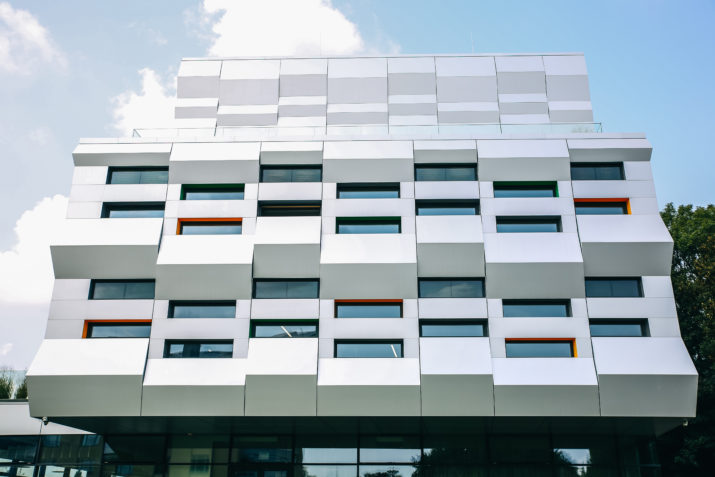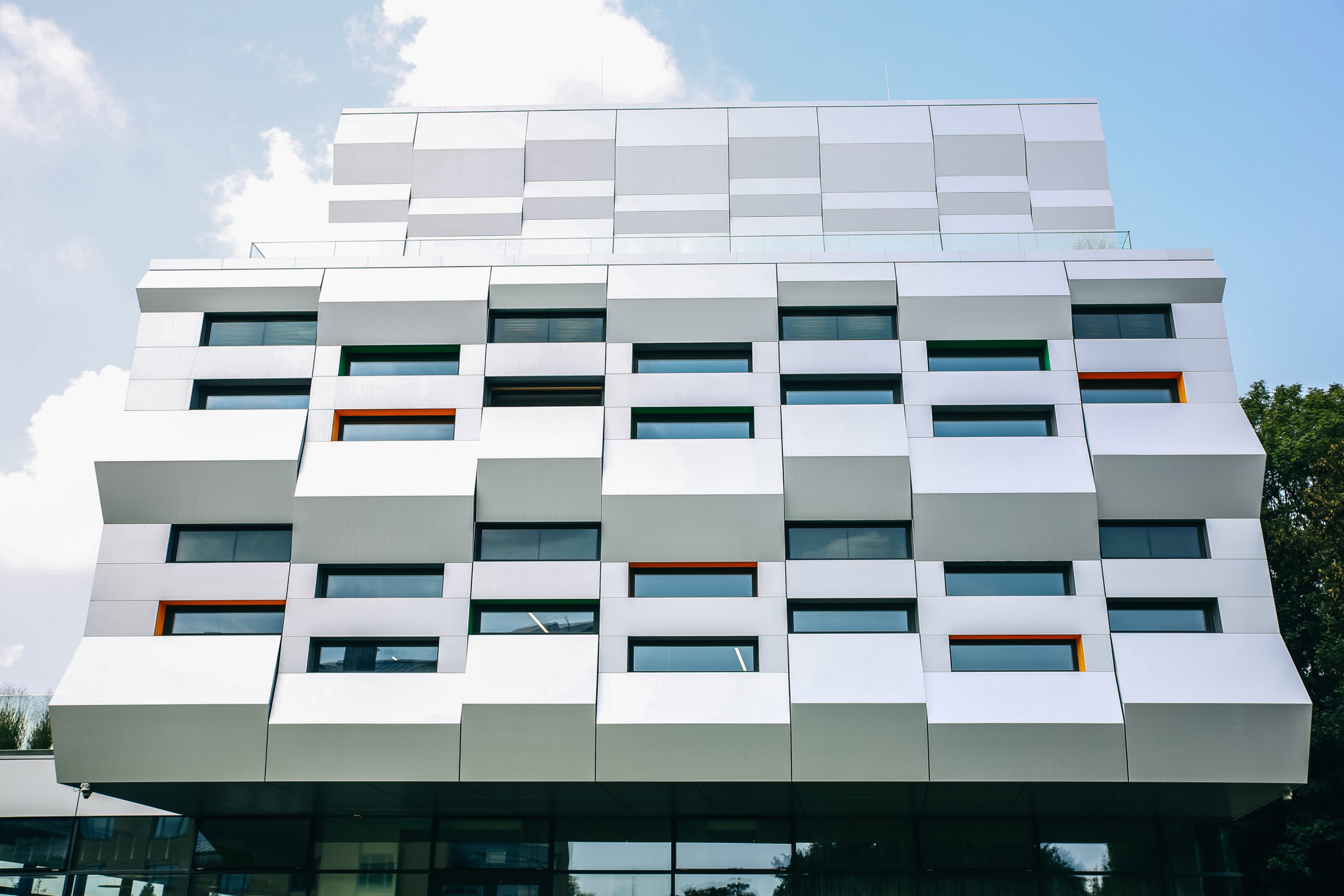
May 2022: Higher Education Access: Thinking Through the Lens of First-Generation Students

In this section of Campus, EuropeNow features a selection of scholarly articles and books on topics pertinent to the teaching of Europe or teaching in Europe that were published within the last 5 years. This dynamic bibliography, with monthly installments, seeks to highlight both pedagogy research as well as critical analyses of debates taking place in higher education in and about Europe.
If you are interested in reviewing any of the books featured in any of our Campus Round-Ups, please contact our Research Editor, Hélène Ducros, at helene@alumni.unc.edu
1. ‘Cutting Rough Diamonds’: The Transition Experiences of First-Generation Students in Higher Education
By Julia Hope
Abstract: The ‘rough diamonds’ or ‘valuable gems’ in this chapter are first-generation students at an English higher education (HE) institution. The study, on which the chapter draws, tracked students as they negotiated their entry to a satellite university campus called ‘The Centre’. The aim of the study was to explore the transition of students who were first-generation undergraduate university entrants and how they perceived their first semester experiences, as they negotiate study (settle into higher education) at a campus site. The chapter views transition as movement, the passage of change from one role to another, as in the early weeks of university the students experienced disjuncture between their expectations held prior to commencing university and the experience they encountered. It examines the findings that resulted from the phenomenological approach and the students learning journey through the variations of four achievement categories. The four achievement categories are: academic achievement, social achievement, personal development and settling into HE.
Find this book chapter in Higher Education Transitions here.
2. Unequal expectations: First-Generation and Continuing-Generation Students’ Anticipated Relations with Doctoral Advisors in Stem
By Annie M. Wofford, Kimberly A. Griffin, and Josipa Roksa
Abstract: One of the central goals of doctoral programs is to develop independent researchers and scholars who will lead the next generation of knowledge production. Despite extant evidence of inequalities in doctoral education, few studies have closely examined the experiences of first-generation college students who pursue a Ph.D. We examine how first-generation and continuing-generation doctoral students conceptualize the role of the faculty advisor/principal investigator (PI) in supporting their development as researchers. Our analysis of interviews from 111 first-year Ph.D. students in the biological sciences indicates that first-generation and continuing-generation students had similar overarching conceptions of PIs and the role of PIs in their development. However, the two groups ascribed different meanings to the same concepts. First-generation students expected more direct, skill-based guidance and assistance with learning to do research the “right” way. Conversely, continuing-generation students expected independence and support for their specific needs. We rely on Bourdieu’s conceptualization of habitus to explain these differences and conclude by offering implications for advancing equity in doctoral education and supporting first-generation students, particularly regarding the alignment of student–advisor expectations.
3. The Sticky Steps of the Career Ladder for Engineers: The Case of First-Generation Students in Germany
By Monika Huesmann, Moira Calveley, Paul Smith, Cynthia Forson, and Lisa Rosenbaum.
Abstract: Although governments and higher education institutions across Europe are promoting agendas for widening the educational participation and increasing the social mobility of young people from lower socio-economic groups, very little has been written about the experiences of these individuals when seeking and entering employment. We aim to address this gap. Using a qualitative research approach, we explore the career expectations, experiences and limitations of first-generation university engineering students and graduates in Germany. The article draws upon the work of Pierre Bourdieu to demonstrate how social and cultural capitals instilled by parents and social peers are invaluable in developing personal and professional networks and eventual entry into the engineering professions. A lack of, or underdeveloped, capitals can inhibit career opportunities and ultimately the social mobility and professional choices of graduate engineers. Our research discovered that university graduates from less advantaged backgrounds face a ‘class ceiling’ at university, in obtaining an internship and then when gaining entry to and working in the engineering profession; they encounter ‘sticky steps’ at each stage of their career ladder.
Find this article in Work Organisation, Labour, & Globalisation here.
4. The Experience of Low-SES Students in Higher Education: Psychological Barriers to Success and Interventions to Reduce Social-Class Inequality
By Mickaël Jury, Annique Smeding, Nicole M. Stephens, Jessica E. Nelson, Christina Aelenei, and Céline Darnon.
Abstract: The economic decline of the Great Recession has increased the need for a university degree, which can enhance individuals’ prospects of obtaining employment in a competitive, globalized market. Research in the social sciences has consistently demonstrated that students with low socioeconomic status (SES) have fewer opportunities to succeed in university contexts compared to students with high SES. The present article reviews the psychological barriers faced by low-SES students in higher education compared to high-SES students. Accordingly, we first review the psychological barriers faced by low-SES students in university contexts (in terms of emotional experiences, identity management, self-perception, and motivation). Second, we highlight the role that university contexts play in producing and reproducing these psychological barriers, as well as the performance gap observed between low- and high-SES students. Finally, we present three examples of psychological interventions that can potentially increase both the academic achievement and the quality of low-SES students’ experience and thus may be considered as methods for change.
Find this article in the Journal of Social Issues here.
5. Staying Local: How Mature, Working-Class Students on a Satellite Campus Leverage Community Cultural Wealth
By Julia Hope and Kathleen M. Quinlan
Abstract: This paper presents the experiences of mature students at a satellite campus of an English higher education institution. Twenty students over age 25 who fit various widening participation criteria were interviewed at four points during their first two years of bachelor’s level study at a higher education (HE) centre in an area underserved by HE. Three aspects (familial, aspirational and social capital) of Yosso’s model of community cultural wealth emerged as assets supporting students’ success. Staying in their home communities allowed them to benefit from family and community networks, and their aspirations for their children fuelled their motivation. The study extends critical race theory to mature mostly white working-class students in English HE, contributing to policy debates about the role of satellite centres in supporting widening participation agendas. HEIs need to consider the capitals that mature students bring with them to their studies and how those support persistence.
Find this article in Studies in Higher Education here.
Published on May 18, 2022.




